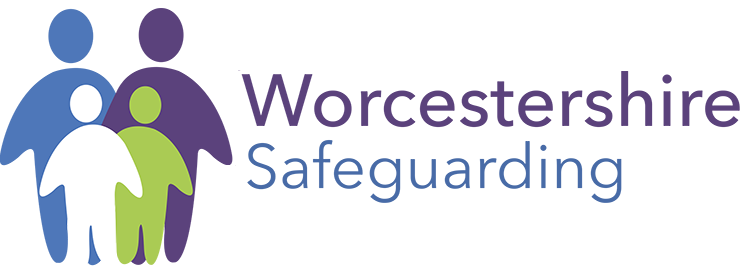Self-Neglect
This covers a wide range of behaviour neglecting to care for one’s personal hygiene, health or surroundings and includes behaviour such as hoarding. Our policy also includes the people who sleep rough.
WSAB Self Neglect Policy
The WSAB Self-Neglect Policy was developed through a collaborative approach, with a range of statutory and voluntary sector stakeholders, across Herefordshire and Worcestershire.
It is for practitioners (both paid and voluntary) who have contact with people who persistently self-neglect, often combined with hoarding behaviour and including people who sleep rough. Based on the approach of no wrong door, it clarifies the support pathway and introduces the concept of significant harm requiring a S42 enquiry.
It also includes links to national documents and useful tools.
Below are links to the WSAB Self-Neglect Policy and associated documents.
Self- Neglect Policy (June 2024)
Self Neglect Safety Plan TEMPLATE
Self-neglect briefing August 2022
WSAB Self-Neglect Summary (SWAY)
The following links are referred to in the new Self-Neglect Policy
Safety Plan for when I am Experiencing Homelessness
Assessing a Person’s Risk of Self Neglect
Cranstoun Leaflet: Empowering and Supporting People to Make Positive Changes
Additional Resources
The following document provides a one page overview of how practitioners should work with people who self neglect
The following video explains what self-neglect is and where to go for support across the West Midlands, including Worcestershire.
Lambeth SAB have also produced this YouTube video on self-neglect alongside this advice leaflet
Key messages for working with people who self-neglect leaflet (Lambeth SAB)
Professional Curiosity
When practitioners fail to find ways to engage with a person at risk of self-neglect, there may be serious implications for that person’s health and wellbeing. If professionals are unable to engage the person with support, and this is likely to result in significant harm, a safeguarding enquiry under S42 of the Care Act 2014 is required.
Professional curiosity is an important element of engaging with a person. Besides helping to ensure that all potential risks are identified, it can also be a helpful way of learning more about a person, including their strengths, which can increase their trust and confidence in practitioners.
With this in mind the WSAB have a dedicated page on professional curiosity which can be found by following this link: WSAB Professional Curiosity page
Other behaviours are often associated with Self Neglect.
Homelessness and Rough Sleeping
The WSAB Self-Neglect Policy recognises Homelessness and Rough Sleeping as form of self-neglect.
for further information on local and national work and resource visit our dedicated page
WSAB Homelessness and Rough Sleeping Page
Hoarding
Hoarding was also recognised as a form of self-neglect
For further informaiton on Hoarding visit our dedicated page
Alcohol and Substance Misuse
How to use legal powers to work with vulnerable dependent-drinkers

